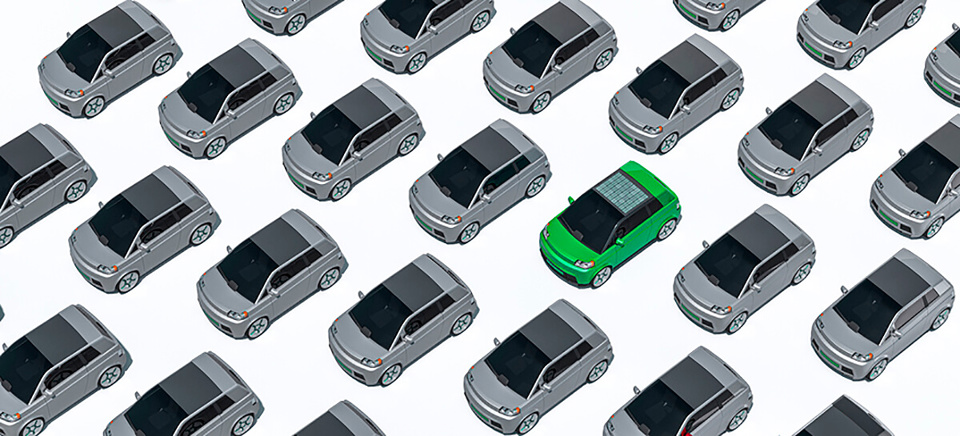The Committee on Climate Change (CCC) is calling on the Government to reverse its decision to scrap the removal of the tax exempt status of ultra-low emission cars.
Budget 2012 announced that from 2015/16, zero and ultra-low emission cars, such as electric vehicles, will no longer be exempt from company car tax or from the first-year allowance for leasing firms.
But the committee is urging the Government to change tack and deliver significant change elsewhere if it is to meet its Climate Act targets.
David Kennedy, the CCC’s chief executive, said: “Much of last year’s fall in emissions was due to a combination of mild weather, rising fuel prices, falling incomes and transitory factors in power generation.
“But as the economy recovers it will be difficult to keep the country on track to meet carbon budgets. We need to tackle major challenges to drive emissions down across the economy – and to do this as a matter of urgency.”
He continued: “There are some good initiatives in the pipeline, but more is needed to improve the investment climate, and put in place incentives so that people and businesses can act.
“Key policies require further clarification, and gaps in the policy framework need to be addressed.
“Investing in low carbon assets remains a priority – this will put us on the economically sensible path and allow us to avoid higher costs and risks due to delayed action.”
Though UK greenhouse gas emissions fell 7% in 2011, only about 10% of this fall can be linked directly to proactive policy measures.
The committee says that the underlying rate of progress is only a quarter of what is required to meet future carbon budgets.





















rosco7 - 09/07/2012 13:21
The CCC has got this one wrong. Taxation based on CO2 is being changed to be fairer and clearer, with the removal of the 3% diesel surcharge. Electric vehicles should have CO2 figures that are linked to the average CO2 of electricity supply in the UK. The consumer has little influence in how the electricity supplied has been generated. Electric vehicles have their place in fleets, for stop start and urban fixed routes, and for drivers with short commutes. As the range improves then electric vehicles with their lower fuel costs become more attractive. Company car taxation already favours fuel efficient vehicles. The CCC need to consider that the electricity currently supplied is about 40% efficient in converting fossil fuels into power, whereas a modern diesel car could be up to 60% efficient. Wholesale change to electric, will cripple the electricity infrastructure and increase CO2 emissions.